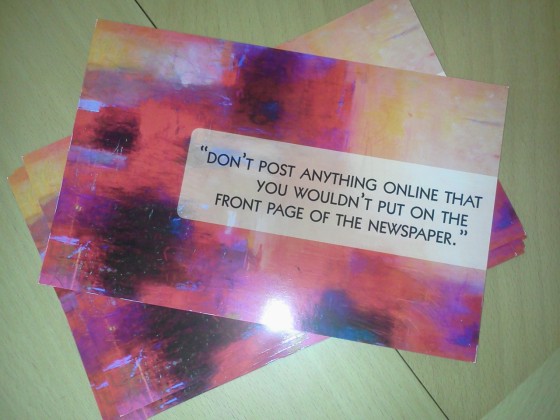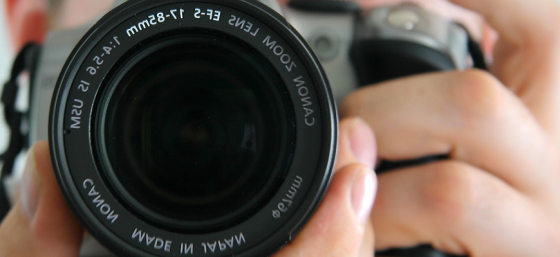I was contacted by person who claimed to be a member of a private Facebook group. She asked if she had any options for recourse when another group member used statements from her post in another article online. This group member also used a pixelated version of the person’s Facebook profile picture. According to the person, she wasn’t recognizable in the altered image, but she feared people could figure it out if they compared to her profile picture to the pixelated one.
No Expectation of Privacy in Online Posts
To anyone in this type of situation, I’m sorry to dash your hopes for vindication, but in most situations, there is no expectation of privacy in what you post on the internet – especially on social media, regardless of the privacy settings. It’s too easy for someone to create a screenshot, save, and/or share a post. Moreover, you never know who is looking over a user’s shoulder or with whom they’ll share their screen when they’re viewing your post that is meant for their eyes only.
This is true even when an online group is labeled as “private” or “closed.” In many private or closed Facebook group, other members can invite outsiders to join or a new person can join if their request to be added is approved by one member of the group. Even though a private group is meant for a limited audience, post with care. You never know where a post will end up. This is why one of my rules of thumb for the internet is “Don’t post anything online that you wouldn’t put on the front page of the newspaper.”
If You Want Real Privacy
If you want to have a private conversation, keep it offline with your closest confidants or someone with who you have a confidential relationship (e.g. doctor, lawyer, therapist, priest). In a professional setting, have a written non-disclosure agreement(NDA) where everyone is contractually obligated to maintained your confidences.
Even I use NDAs. I have certain people, where when we sit down for a drink, we start the conversation by saying, “Standing NDA” and we know nothing said between us will be shared with outsiders.
The Internet is Not a Place for Privacy
If there are times when you want to speak online while maintaining a level of privacy, you can reduce the risk of being connected to a statement by using an online alter ego. If you go this route, be prepared to be unmasked and live with the consequences at any time. You may use an IP address or post something that will give away your true identity.
If you want a resource regarding the legal dos and don’ts about the internet, including additional information about online privacy, please check out The Legal Side of Blogging: How Not to get Sued, Fired, Arrested, or Killed. If you need legal help regarding internet privacy, you can contact me directly or a social media lawyer in your community. I post about these issues on Twitter, Facebook, YouTube, and LinkedIn. You can also get access to more exclusive content that is available only to people on my mailing list, by subscribing here.







